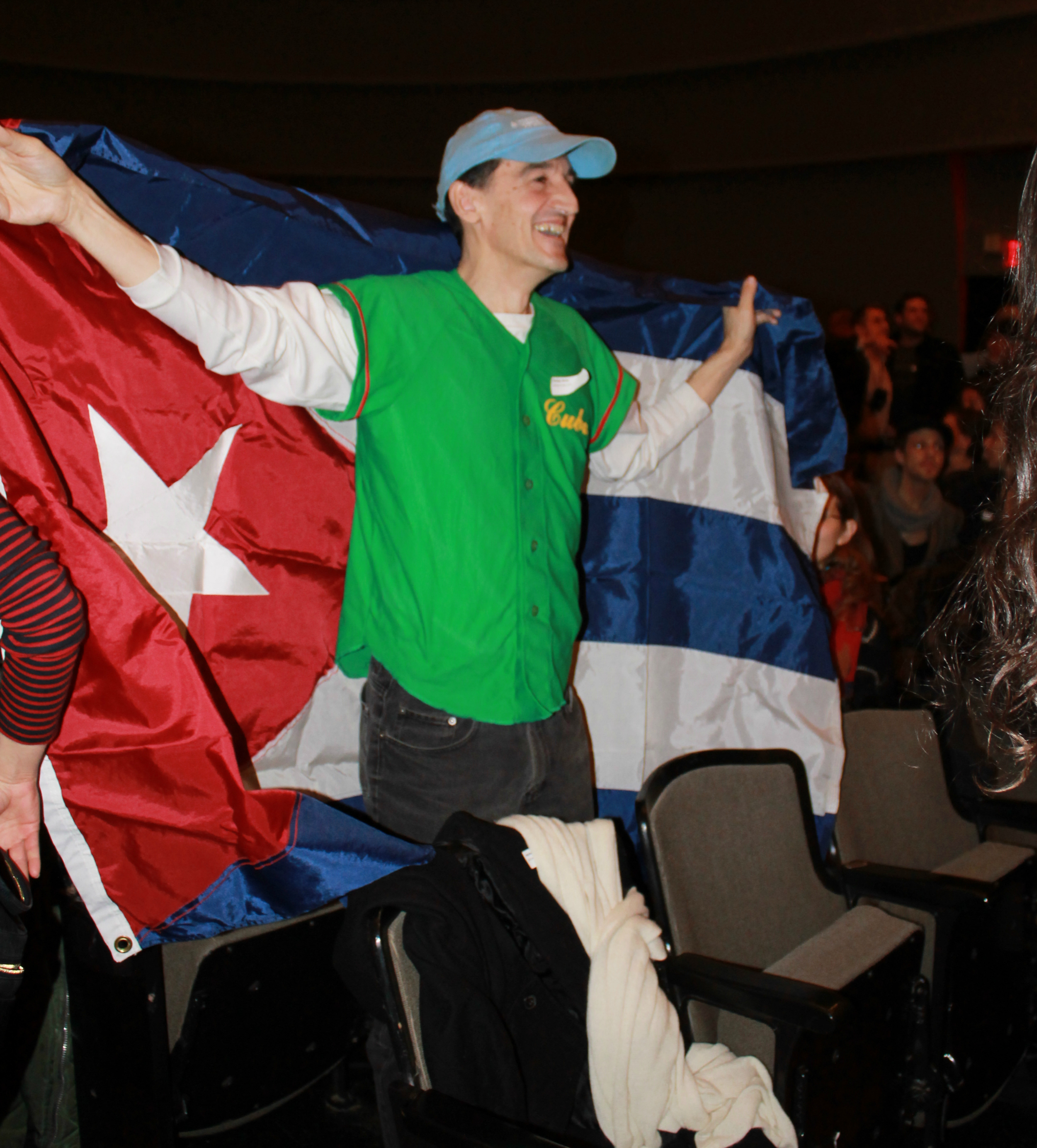Even in today’s era of online discussion, face-to-face communication still holds merit. And for three days last month, people from across the country gathered in person at the New School to discuss how to improve digital technology in a neighboring island nation – Cuba, where government censorship and wiretaps are on the rise.
The Revolution Recodified, a collaboration between The New School and New York University, was held at Tishman Auditorium from March 15 to 17 and explored how digital technology has shaped Cuba’s censorship and wiretapping efforts.
“I was talking to somebody on the phone in Cuba and a person listening in on the conversation just started talking,” Ariana Hernandez-Reguant, a cultural anthropologist at the University of Miami, said at the conference. “There is government surveillance that precludes privacy in interpersonal communication.”
Other panelists included Baruch College anthropology professor Ted A. Henken, New School for Public Engagement media studies professor Nitin Sawhney, and two Cuban dissident bloggers, Yoani Sanchez and Orlando Luis Pardo Lazo.
Panelists gave political context to their personal experiences and knowledge of the digital sphere. And they confronted what they believe is government-imposed censorship.
“The focus is looking at the blogosphere and how they navigate this medium without being labeled either a mercenary or a mouthpiece for the oficialista [government],” Henken said during his presentation on the emergent Cuban blogosphere.
“In my opinion, the public sphere in Cuba is closed,” said Lazo, founder of the Boring Home Utopics blog. “There is no way of making it move.”
The United States government has sought to unravel Cuba’s communications barrier. Both the C.I.A. and the U.S. Department of State have promoted Sanchez’s blog posts, which they believe magnify a widespread hope to end oppression in the Communist island nation.
Protesters at the conference criticized Sanchez’s relationship with Washington insiders. The blogger quickly refuted claims that she supports all American foreign policy endeavors.
“Coinciding with someone doesn’t mean submission,” she said. “Coinciding with someone on the objective of democratizing Cuba is not done by becoming their servant or slave.”
But the protesters pulled out signs and broke out into chants of disapproval, before security guards escorted them out of the auditorium. Sanchez welcomed the crowd’s critique.
“This is my experience of democracy,” she said. “I would like to experience the same thing in Cuba.”
Francia is currently a Culture & Media major student about to graduate. She hopes to write for a cheesy sitcom or television series one day. Her hobbies include binge watching shows on Netflix and drinking wine.








Leave a Reply